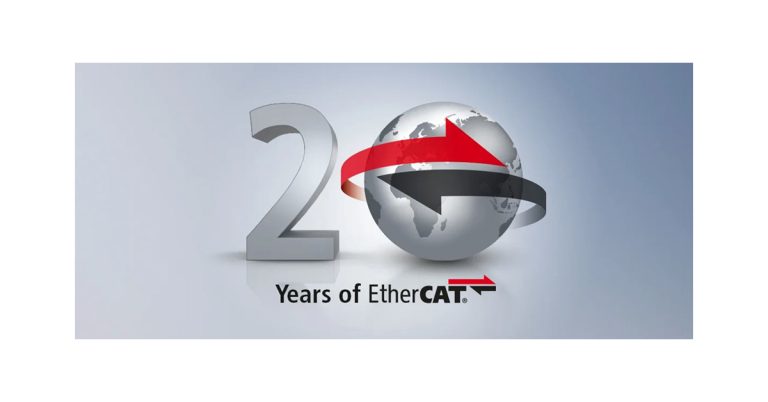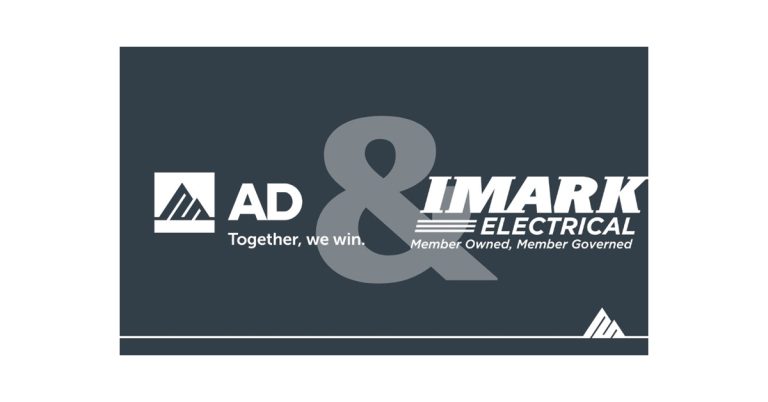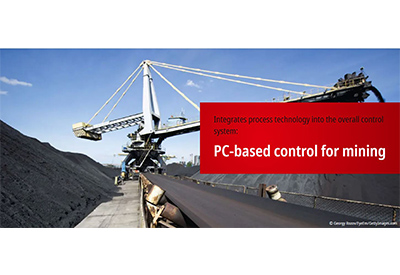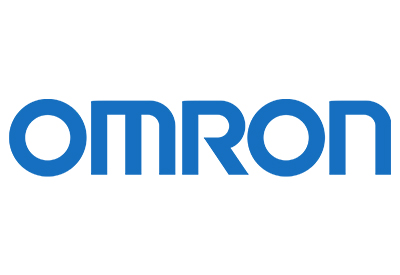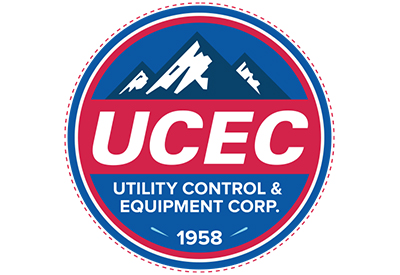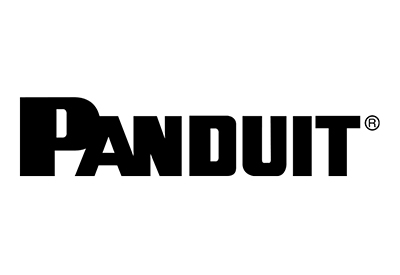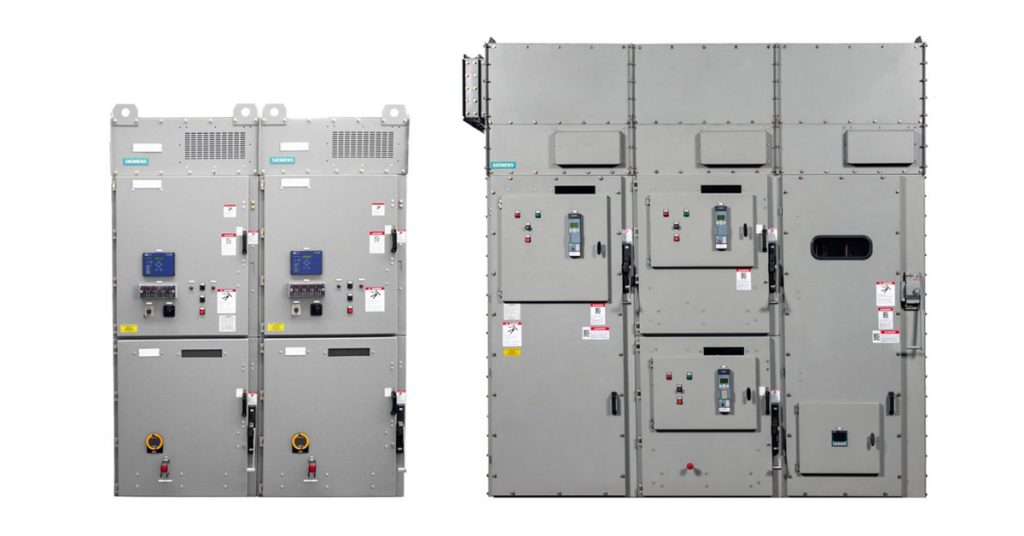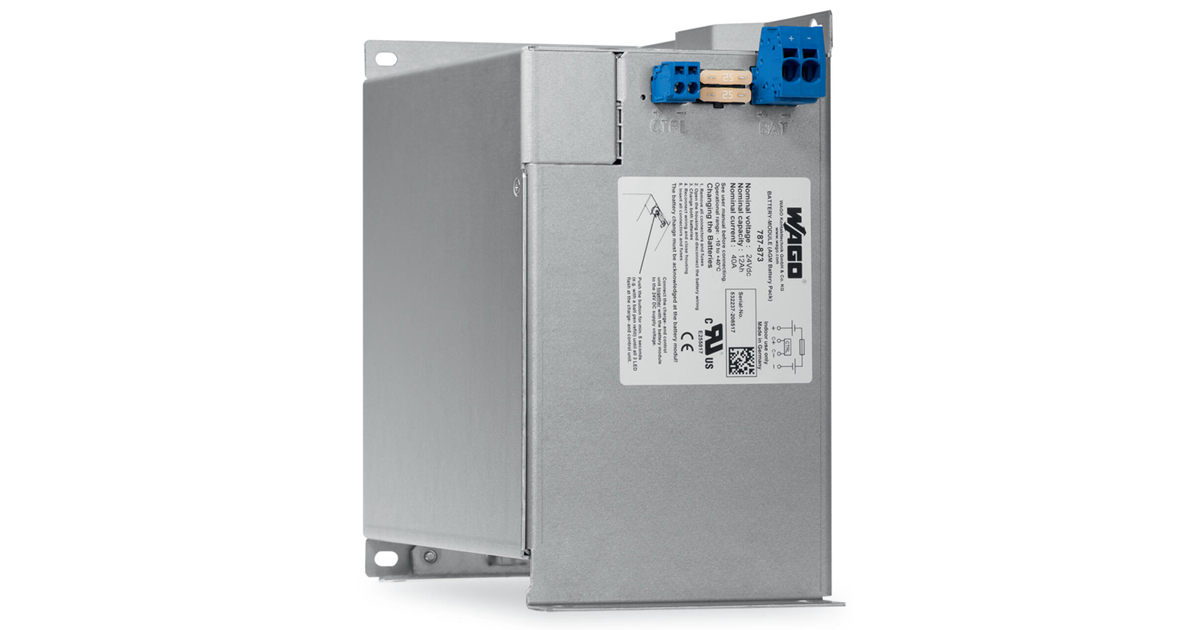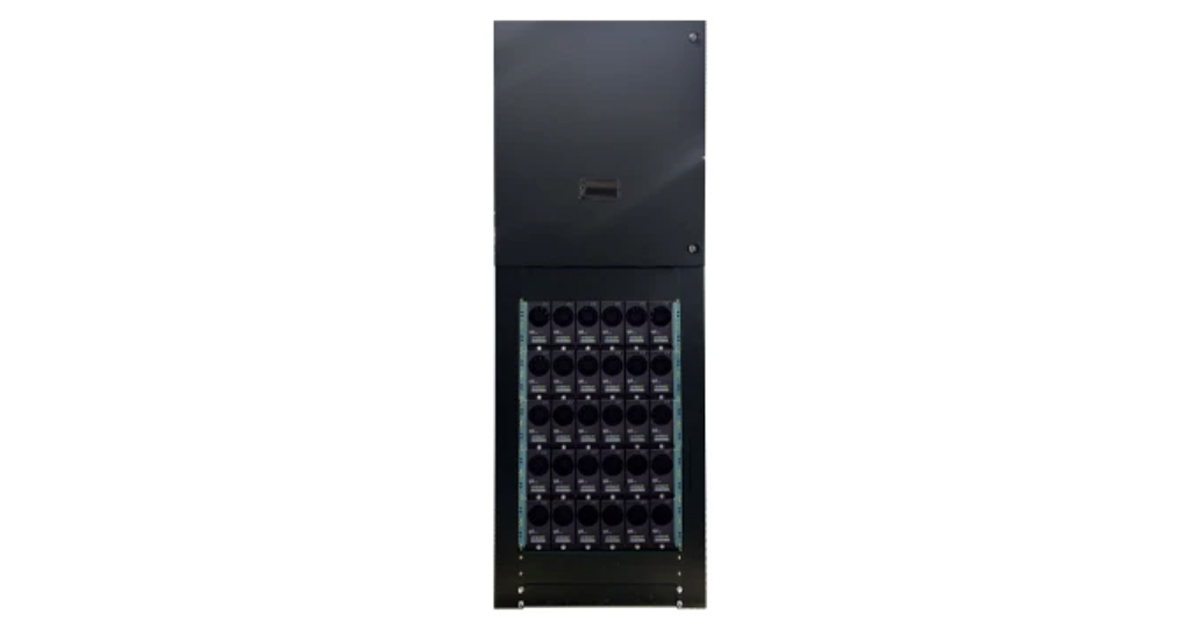Ensuring Safety In Hazardous Locations: The Importance Of UL Certification
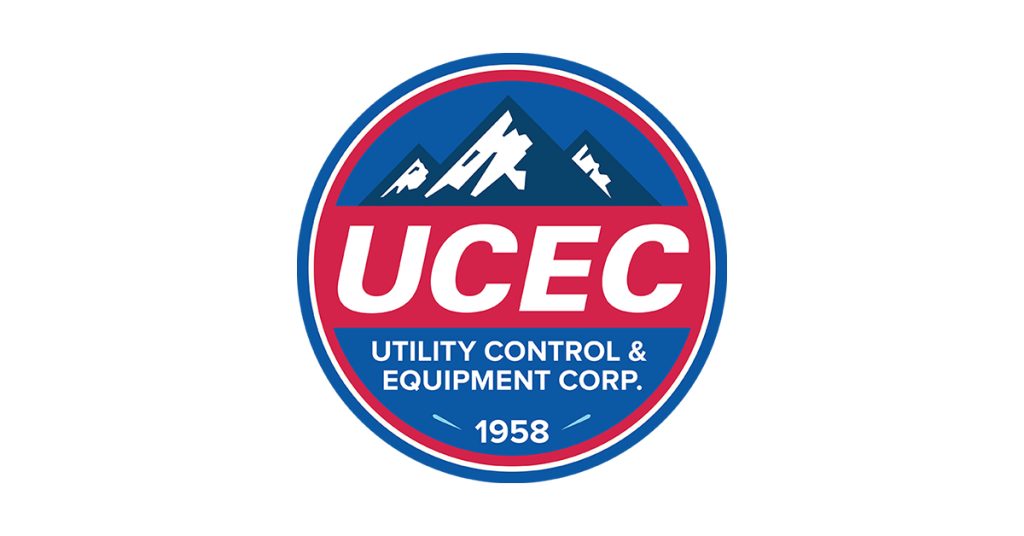
July 10, 2024
UL CERTIFICATION ACROSS VARIOUS SECTORS
UL Certification is critical across multiple sectors, including:
• Oil & Gas
• Chemical Manufacturing
• Mining
• Pharmaceuticals
• Food Processing
KEY INDUSTRIES REQUIRING UL CERTIFICATION
Industries where explosive atmospheres are common must prioritize UL Certification to maintain safety and compliance.
Case Studies: Successful UL Certification Implementations
Oil Refineries: UL Solutions has provided certification and advisory services for oil and gas equipment used in various settings, including drilling sites, refineries, and service stations. Their expertise in Canadian, IEC, EN, and U.S. standards has helped companies gain accelerated global market access. For instance, their services have been critical in ensuring products are aligned with new and emerging regulations and industry best practices, which is essential for keeping people and sites safe.
Chemical Plants: In the realm of chemical plants, UL Solutions has developed a certification program for plant oil extraction equipment. This program addresses the hazardous conditions created by flammable solvents released during processing. By establishing a consistent set of criteria for the design and manufacture of new processing equipment, UL Certification helps manufacturers avoid delays in the building permit process and increases overall safety.
These case studies demonstrate how UL Certification plays a pivotal role in enhancing safety measures, preventing accidents, and ensuring the smooth operation of facilities in high-risk industries like oil refineries and chemical plants.
CLIENT BENEFITS FROM UCEC’S UL CERTIFICATION SERVICES
Clients working with UCEC benefit from its expertise in navigating the complexities of UL Certification, ensuring their products meet the highest safety standards.
CHALLENGES IN ACHIEVING UL CERTIFICATION
The path to UL Certification can be challenging, involving:
• Complex Testing Requirements
• Detailed Documentation
• Regular Inspections
TECHNOLOGICAL ADVANCEMENTS IN SAFETY CERTIFICATIONS
Advancements in technology, such as IoT and automation, are streamlining the certification process and enhancing safety protocols.
FUTURE TRENDS IN UL CERTIFICATION
Looking ahead, trends such as increased digital integration and stricter environmental standards will shape the future of UL Certification.
COMMON MISCONCEPTIONS ABOUT UL CERTIFICATION
There are several misconceptions, such as:
• It’s Too Expensive: While there is an upfront cost, the long-term safety and compliance benefits outweigh it.
• It’s Only for Large Companies: Small and medium-sized businesses also benefit significantly from UL Certification.
MAINTAINING COMPLIANCE IN HAZARDOUS LOCATIONS
Ongoing compliance requires regular reviews, training, and updates to equipment and procedures to align with the latest standards.
TRAINING AND EDUCATION FOR SAFETY COMPLIANCE
Comprehensive training programs ensure that personnel are well-versed in safety protocols and the importance of UL Certification.
UL CERTIFICATION AND GLOBAL STANDARDS
UL Certification aligns with various global standards, facilitating international trade and ensuring consistent safety practices worldwide.
INNOVATIONS IN SAFETY EQUIPMENT FOR HAZARDOUS LOCATIONS
Innovations such as explosion-proof equipment and advanced detection systems are crucial for maintaining safety in hazardous environments.
THE ROLE OF UCEC IN THE CERTIFICATION PROCESS
UCEC plays a vital role by offering expert guidance, thorough testing, and support throughout the certification process.
FAQS ABOUT UL CERTIFICATION
• What is UL Certification? UL Certification ensures that products meet specific safety and performance standards.
• Why is UL Certification important in hazardous locations? It prevents accidents by ensuring that equipment can safely operate in explosive environments.
• How does UL Certification benefit businesses? It enhances safety, ensures regulatory compliance, and opens up market opportunities.
• What challenges are involved in achieving UL Certification? It involves rigorous testing, detailed documentation, and regular inspections.
• What industries require UL Certification? Key industries include oil & gas, chemical manufacturing, mining, pharmaceuticals, and food processing.
• How does UCEC support UL Certification? UCEC provides expert guidance, thorough testing, and ongoing support to ensure compliance.
CONCLUSION
Ensuring safety in hazardous locations through UL Certification is not only a regulatory requirement but a critical commitment to the well-being of personnel and the environment. UCEC’s dedication to safety and sustainability, coupled with their expertise in UL Certification, provides invaluable benefits to their clients across various sectors, fostering safer and more efficient operations.



